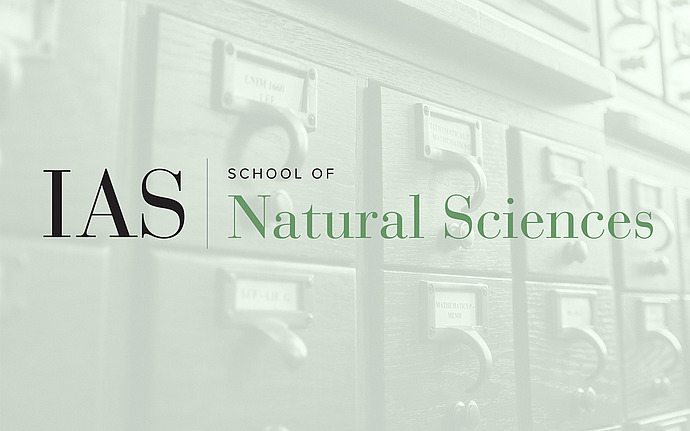
IAS Amplitudes Group Meeting
Infrared Finite Scattering Theory in QFT and Quantum Gravity
The Institute for Advanced Study requires that all adult visitors, collaborators, conference and on-campus seminar attendees and outside vendors coming to the Institute are required to have completed a COVID-19 vaccination and booster in order to enter the IAS campus. Individuals must be prepared to present proof of vaccination if asked and are expected to follow the Institute's Covid-19 Procedures. Masks are optional while indoors.
Additional information can be found at:
https://www.ias.edu/covid-19-updates
Abstract: A long-standing problem in QFT and quantum gravity is the construction of an “IR”-finite S-matrix. In the gravitational case, the existence of these “infrared divergences” is intimately tied to the “memory effect” (i.e. the permanent displacement of test masses due to the passage of a gravitational wave) and the existence of an infinite number of conserved charges at spatial infinity. In this talk, I shall explain the origin of these connections and illustrate that the construction of an IR-finite S-matrix requires the inclusion of states with memory (which do not lie in the standard Fock space). In massive QED an elegant solution to this problem was provided by Faddeev and Kulish who constructed an incoming/outgoing Hilbert space of charged particles “dressed” with memory. However, we show that this construction fails in the case of massless QED, Yang-Mills theories, linearized quantum gravity with massless/massive sources, and in full quantum gravity. In the case of quantum gravity, we prove that the only "Faddeev-Kulish" state is the vacuum state. We also show that “non-Faddeev-Kulish” representations are also unsatisfactory. Therefore, in full quantum gravity, it seems that there does not appear to be any (separable) Hilbert space of incoming/outgoing states that can accommodate all scattering states. Therefore we argue that, if one wants to treat scattering theory at a fundamental level, one must take an "algebraic approach" which does not require an a priori choice of Hilbert space. We outline the framework of such an IR finite scattering theory.